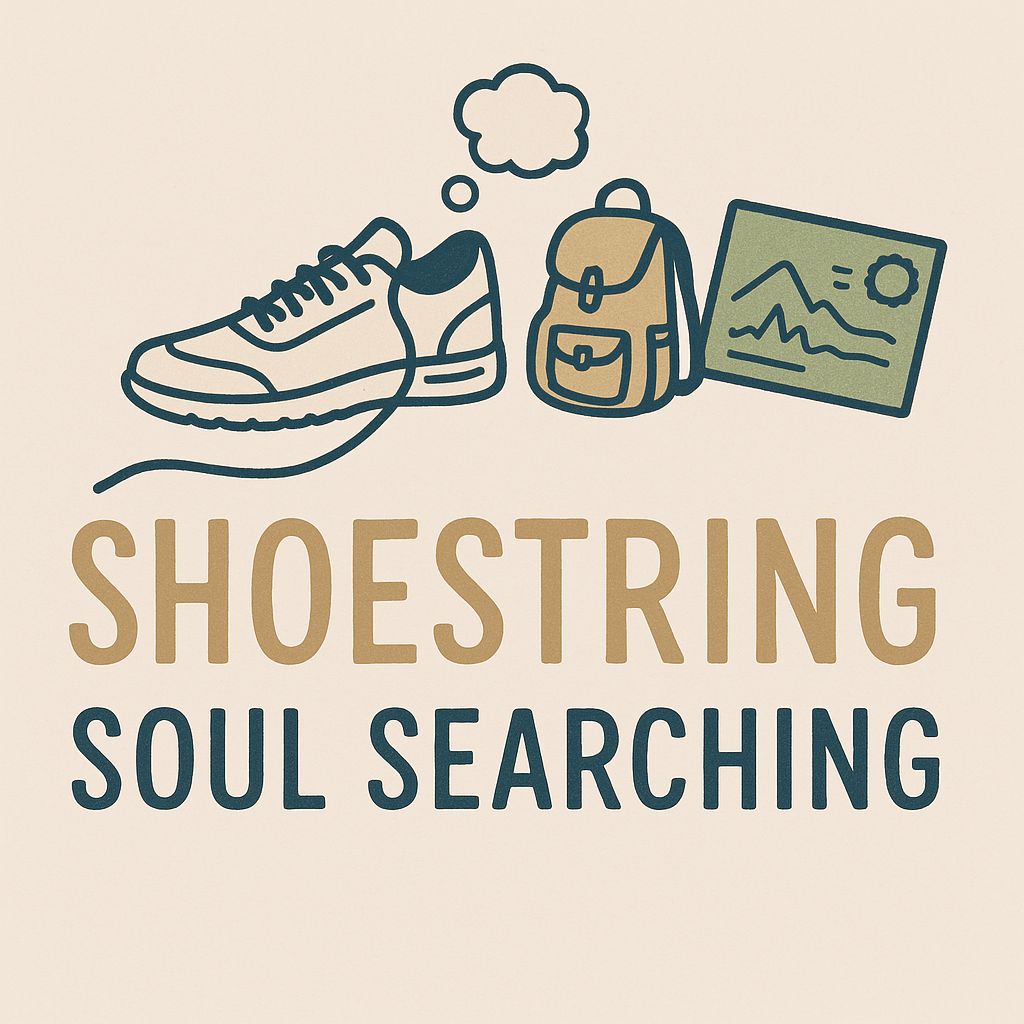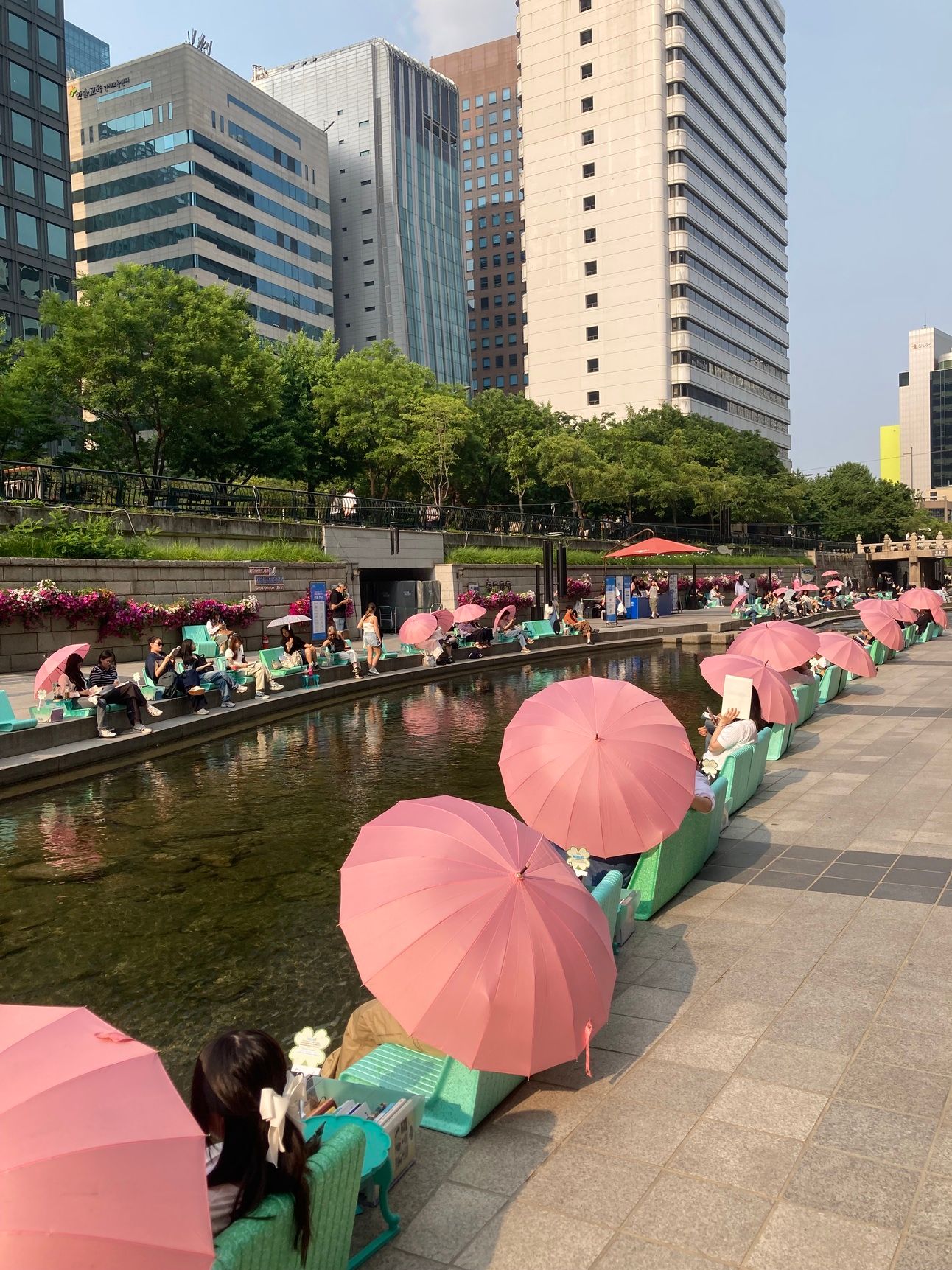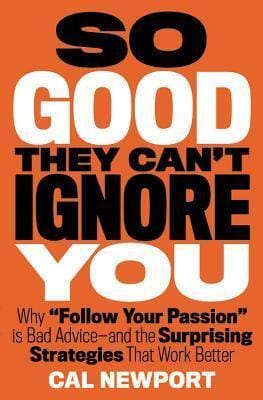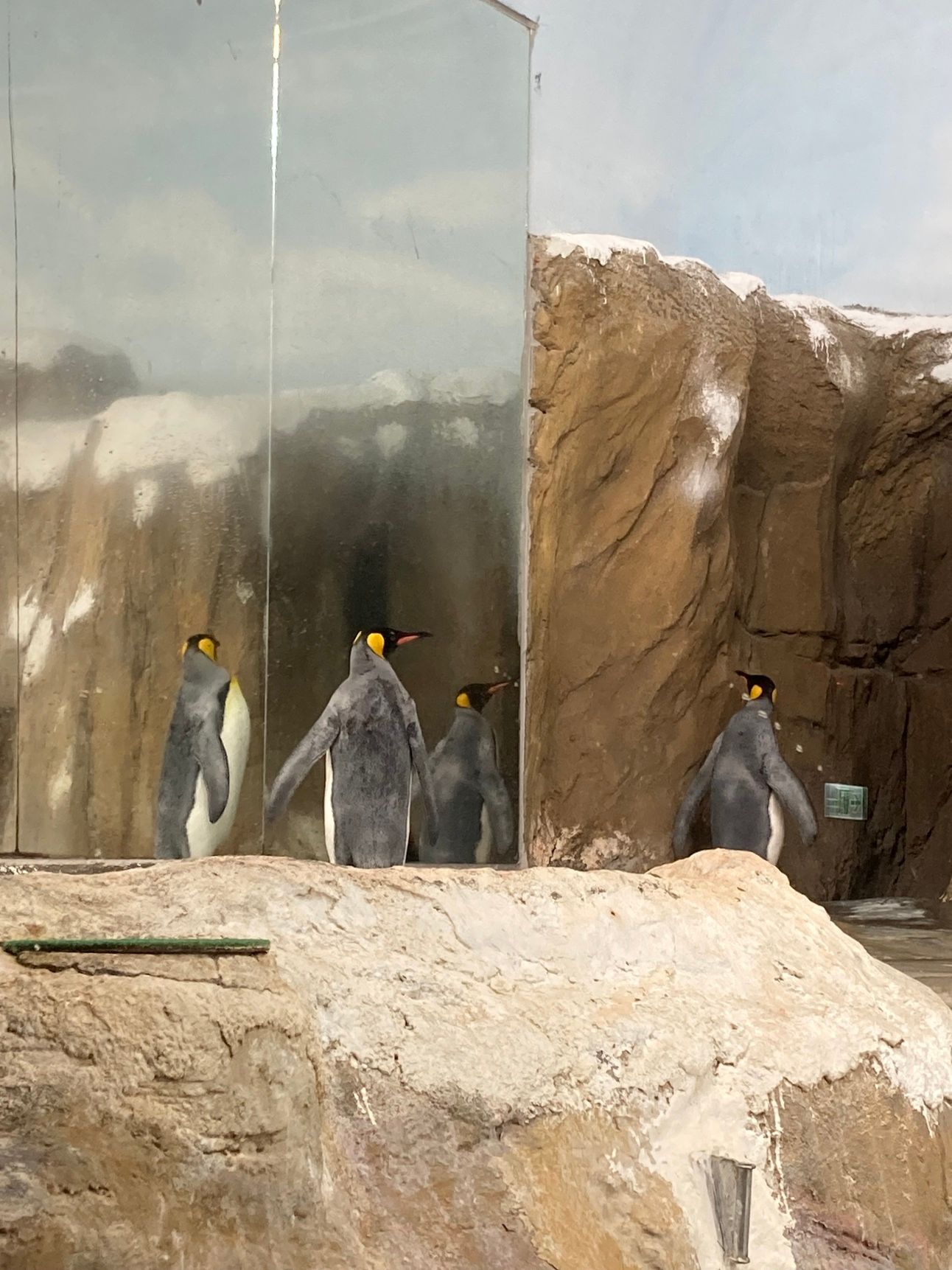- Shoestring Soul Searching
- Posts
- Shoestring Soul Searching #5: More Korea
Shoestring Soul Searching #5: More Korea
Old man marvels at the world of 2025


Here in Korea we love sunny days, as long as we’re not in the sun
The first English word I ever uttered was shouted. I was five, and one day while in the car in our small Korean town I saw of all crazy things, a white person walking by. A white person? Here?? Giddy, and still completely unburdened by the self-consciousness that would come later, I managed to blurt out the only English word I knew, which was a “Hellooooooooooo” out the window as we drove past.
Fast forward to today. There are foreign faces from seemingly every corner of the planet. On the street, on the metro, and yes, at the clerb. More than a few speak surprisingly good Korean. When did everyone find out about this place?
It used to be you introduced yourself as Korean, and the only response you’d get would be “North or South?” Somewhere along the way, it went from being a Country That No One Knows to a Country That People Know. Through some alchemy of Squid Game, BTS, and maybe this scene from Parasite, Korea lives rent-free in people’s heads, as the kids say.
It’s been a crazy transformation to experience within my own lifetime. It’s still a little bit jarring to be honest. You came here for your vacation? Why? You’re learning Korean? Why?? I guess that’s my lingering inferiority complex talking. Maybe this place is cool. I like it, but I couldn’t tell you objectively because I’m from here and there’s a whole lot of baggage about it.
Funny enough, I feel like Korea has always had a misrepresentation issue. If it was completely absent from popular imagination before, it’s a little too fixed in the imagination now. People come here expecting pop star jawlines and slick production value. But to me being Korean is about generational trauma, simultaneously kind and judgmental strangers, and kimchi farts, which everyone knows are twice as bad as normal farts. Whatever, I’ll take anything over “North or South?”

“I’m worth it!”
Complete change of topic: Don’t follow your passions
I’ve been reflecting on the career search, and a friend recommended two contrasting books - one realist, one idealist. I just finished the realist one, So Good They Can’t Ignore You, and it sparked some strong thoughts. I’ll share more on the idealist book once I finish it.

The core idea is that “follow your passion” is misguided. Innate career passions are rare and hard to identify. Instead, since desirable work has rare and valuable traits, we must become rare and valuable ourselves to obtain it. Build your career capital, and the passion will follow. Adopt a craftsman mindset about work, pushing past your skill limits with practice. Musicians do this, but most knowledge workers just get good enough and plateau.
So what are the rare and valuable traits defining desirable work?
One is autonomy. Work when you want? Focus on what interests you?
But be careful of Trap #1: bid for autonomy too early, before you have enough capital, and you’ll fall flat (think 22-year old “life coach”).
Also be wary of Trap #2: once you have capital, you are valuable and employers will offer you money/prestige to tempt you from exercising autonomy (taking the big, fat promotion over setting your own terms).
The other is mission, or a unifying goal for your career.
Finding a mission takes time. It’s impossible to know in advance, since you only see the possibilities adjacent to what you’re doing already.
So instead of starting out with a big idea, explore potential directions with little bets – small experiments that return concrete feedback. You move from one little bet to the next, learning along the way.
My two cents
I had a wide range of reactions to this book. Starting with…
What I agreed with:
Even if you identify your passion, who’s to say you’d be any good at it? You need to think about what value you bring because if it is a dream job, there’s probably many others who see it that way.
Knowledge workers lack a craftsman mindset. We revere the musician who mastered chord after chord until her fingers bled, or the basketball player who shot 1,000 free throws every day. But the financial analyst who built models until his hands got numb? You might laugh. If you do, it says something about how we value this type of work. Which is fine to question, but if we’re working in it ourselves perhaps it’s time for a look in the mirror…
What I disagreed with:
The message - “Hate your job? Work harder at it until you love it” - is disheartening if you’re struggling with effort precisely because you’re stuck in passionless work. The author acknowledges building career capital wouldn’t apply to undifferentiated or unimpactful jobs, but that’s exactly how many jobs feel. That’s where we need an answer, and this book doesn’t give one.
Career passions may be hard to identify, but I have some sense of what I’m naturally drawn to or repelled by. I love learning about geography, natural resources, and urban planning. There are other topics which bore me to tears. Surely such reactions mean something?
One concrete takeaway: using little bets to hone one’s mission resonated with me. I want to incorporate these little bets into my current journey. After all, I currently have an unusual amount of free time to try something new.
Curious what you all think about these points! Do you agree with the author that getting good at your job means the passion will follow?
Leaving Korea
I am leaving Korea to head west, like a migratory bird seeking milder weather as the heat arrives. Korea has been good to me and I’ll be back once summer is over.

These guys get me. We’re outta here.
There will be many stops along the way. Expect stories from them in the next newsletter!
Riding off into the sunset,
Bryan